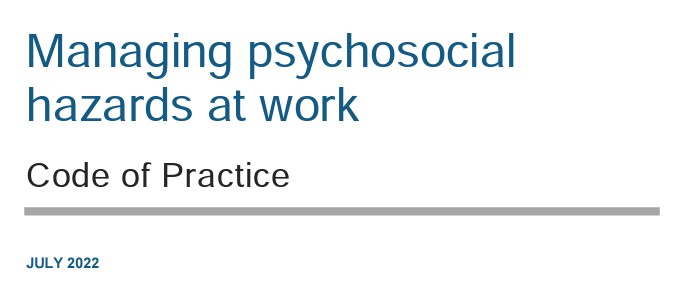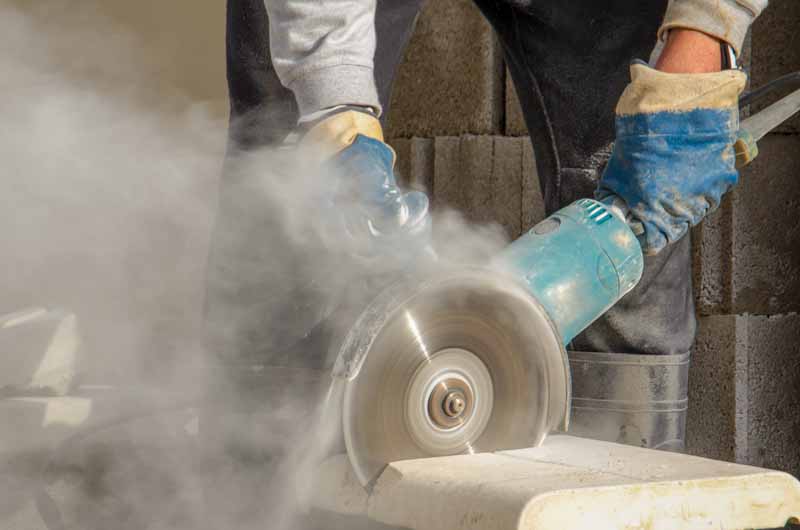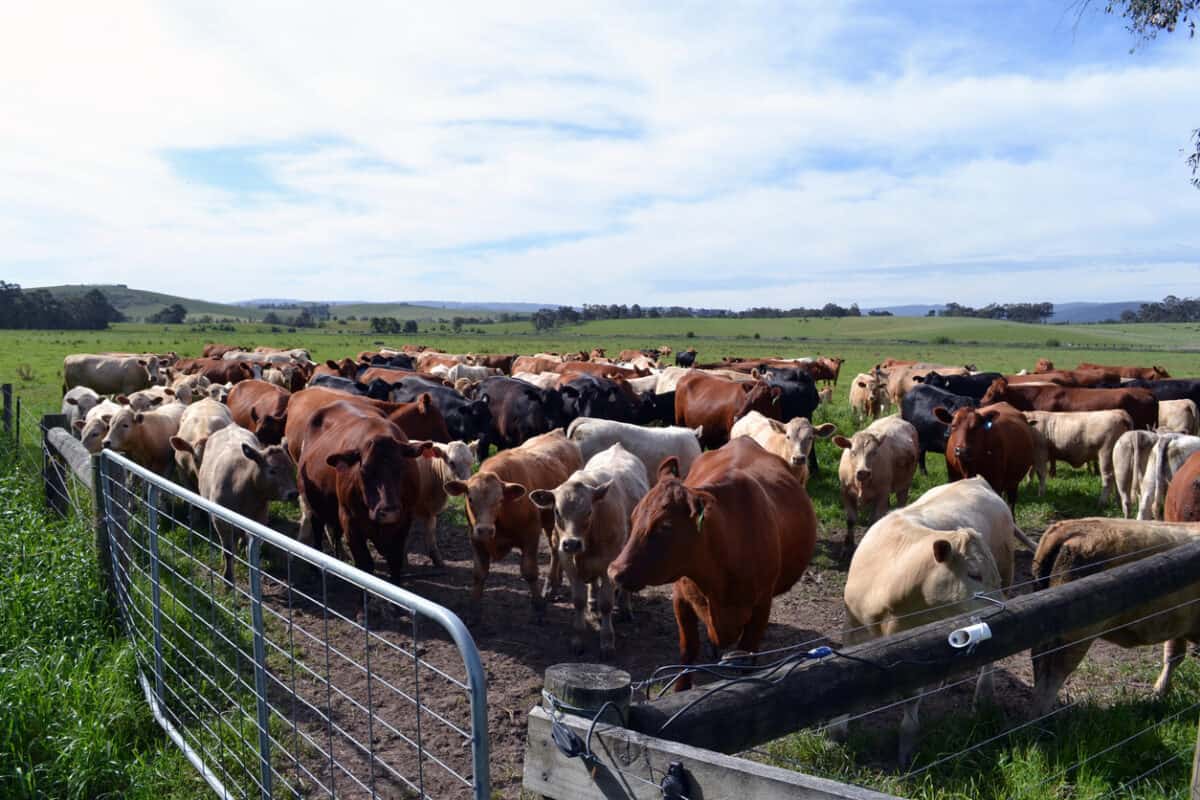In July 2022, RMIT University release a three-part series on physical and mental health in Australia’s construction industry consisting of Evidence, Exploration and Evaluation. By themselves, they make a strong case for structural reform of the construction sector to improve workers’ mental and physical health.
Category: hazards
Worksafe Victoria’s new gendered violence campaign
WorkSafe Victoria has actively campaigned against occupational violence for the last few years. The pandemic, understandably, brought the focus onto violence against emergency services workers and healthcare staff. Recently the campaign has focussed on gendered violence at work. The intention is to be inclusive, to address the variety of violent acts and the variety of people gendered violence affects, but it is not as inclusive as it could be.
New mental health code and regulations
Last week Safe Work Australia released its “Managing psychosocial hazards at work – Code of Practice“. It offers solid guidance on psychosocial hazards reflective of the work already conducted by Victoria, New South Wales and other jurisdictions and in support of the new regulations in the Model Work Health and Safety laws. In connection with a blog article earlier today, the Code provides some insight into cognitive demands.
Silicosis risk controls exempted for the moment
In 2019, Dr Graeme Edwards said this of the cutters of engineered stone:
“We can’t just rely on the industry to self-regulate. We need to licence the industry and we need to regulate the product….. If we can’t do this, [banning] is a realistic option.”
Recent research commissioned by the Australian Council of Trade Unions (ACTU) and conducted by Curtin University seems to support a ban on the import of engineered stone products with such a high level of silica that cutting them, without suitable controls, can lead to silicosis.
Why are farms becoming safer?
It is Farm Safety Week in Australia. These types of events are intended to raise awareness of specific issues. The biggest problem with these events is that solutions are rarely presented; it is assumed that raising awareness is sufficient. This is hard to justify in agriculture, where many of the smaller and high-risk farms have been run by families for many years and often generations. As a result, most people living in the country know of someone widowed after a workplace incident or of someone like the one-armed tennis player or lawn bowler who lost an arm in an unguarded Power Take-Off.
At some point, the strategy must move from raising awareness to providing solutions.
“There is too little time and the ask is too big to try to change the system”.
There are many similarities between the management of occupational health and safety (OHS) and environment protection. Both seek to prevent and/or mitigate harm, and both have similarly focussed legislation. However, this similarity extends to vulnerabilities in each approach. Neither discipline is solely responsible for the lack of progress in prevention and protection, but both have not realised their potential for change.
Action on Health and Safety is always a choice
Last week epidemiologist Hassan Vally wrote one article in The Age called either “Health or economy a false choice” or “COVID caution can be a win for both public health and business” (paywalled), depending on the sub-editor and format. Curiously one has a negative implication, the other, the opposite. Either way, the article illustrates the public health dichotomy that mirrors that of occupational health and safety (OHS).
OHS often requires a decision between profit or production and safety. Public Health deciders need to consider the interests of the public and the duties of government. I prefer the former headline because it states that this decision is a “choice”. Safety, occupational or public, is always a choice.






